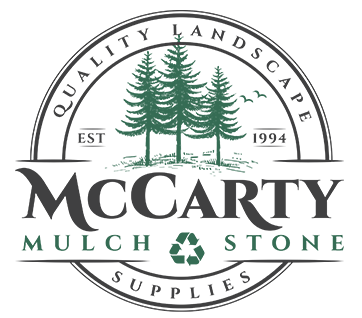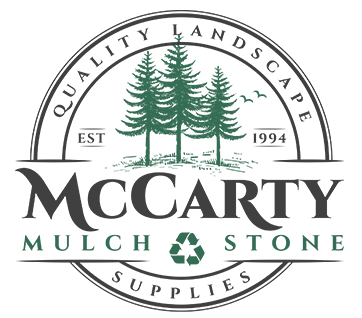Natural Remedies For Fungal Diseases
Most public places offer free hand sanitizer so germs don’t spread. Plants don’t have that luxury. Your plants share lawn beds with other living organisms and without proper care, contamination can occur. Lawn sanitation and treatments, however, preserve your garden’s health. Here’s what you need to know.
What’s making your plants sick?
Microorganisms living in the soil or atop plant leaves are hard to see. How do you know what to look for? White powdery substances, tiny holes and even brown spots in your lawn are signs your plant needs sanitation. Here’s a list of organisms that make your plants sick:
- Aphids: are too small for the human eye to see. Look for yellow leaves or black stems and feel for a sticky substance on leaves and stems, which is a liquid left behind by the insects.
- Powdery mildew: is a white fungal residue that looks like baking soda on plant leaves. Mildew damage can dry out leaves and turn them yellow. Hot, humid climates support fungus growth.
- Grubs (worms): live under the soil. These little critters chow on grass roots and plants causing sections of your lawn to die.
- Mosquitoes: feed on organic debris, decaying leaves, and microorganisms. If plants are sick, mosquitoes appear to clear the waste, however, they carry various diseases.
Plant fungal vaccines
You can purchase pesticides at your local garden retailer, but if you’re not in favor of using chemical-based solutions, try these home remedies for plant recovery. It’s possible that you already have products in your home that naturally prevent fungus from growing. Here are a few home remedies to try:
- Dissolve aphids by spraying plants with dish soap and water, which causes the aphid membrane to decay.
- Remove powdery mildew by mixing milk or baking soda with water and spraying plants to dissolve the powder.
- June is grub season; liquid Nematodes mixed with water sprayed in grub area is one of many natural solutions that infect and kill grubs.
- Avoid swarms of mosquitoes by eliminating standing water or purchase a bird a feeder, as some local birds eat up to 200 mosquitoes a day.
Because plant disease is contagious, checking plant health before purchase is important. If you don’t, a sick plant can infect your soil and spread fungal diseases throughout your lawn.
Keeping plants healthy means you have to sanitize their living space. Trimming, pruning and regularly cleaning debris will make plants less vulnerable to fungal diseases. Using healthy topsoil as a life source for your plants or mulch to stop soil erosion improves the quality of your plants. At McCarty Mulch and Stone, we understand that your plant’s quality of life is important to you. Call us today for landscape advice.




